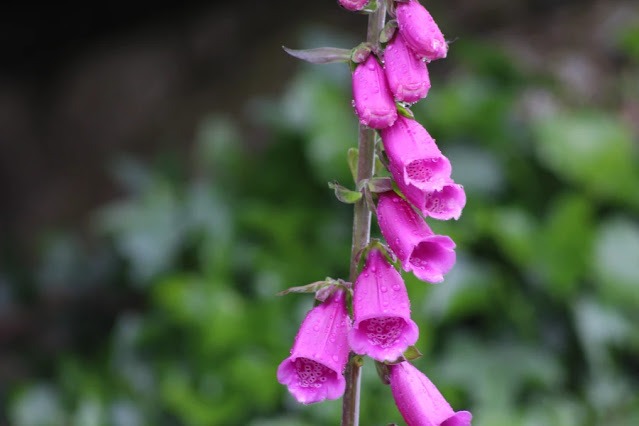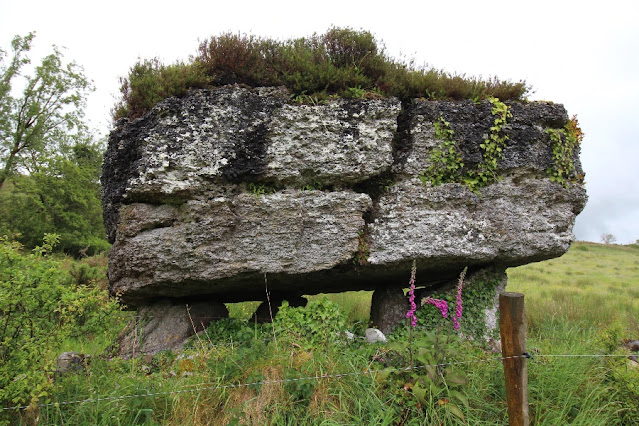To be honest, this is going to be a bit of a rambly post and I'm not sure the title captures fully what I am trying to say but that's the joy of writing a blog that is really just a vehicle for me to express my thoughts. I have been doing Sustainable Development Goals training with Development Perspectives and I'm just back from weekend training. I had to leave early and I'll go into that further but I took a lot away from my time there, as well as meeting wonderful passionate people who are all trying to change the world in some way. We began on Saturday with a long walk in the pouring rain, chatting and exploring topics. What I enjoy most about the training is all the questions it poses, allowing for deep discussing and exploration. I think many of us who are in an activism space feel that there are deep inequalities and flawed systems making up the framework of our existence. And it's this perspective that I wanted to talk about a little.

Whilst doing my thesis, which is based on public participation on climate change I've been researching forms of participation and the idea of citizen engagement. Without going into all the complexities, one of of the key points that I've garnered to date is that genuine participation requires dialogue. And this is where that part of my life connects with the SDG training. True dialogue is a combination of listening and contributing - it's a two way 'living' process and Paulo Freire highlights this in his 'Pedagogy of the Oppressed':
'To deny the importance of subjectivity in the process of transforming the world and history is naïve and simplistic. It is to admit the impossible: a world without people.'
There is a lot of academic research available on discourse and dialogue and scientific analysis of how the different strands are broken down and whilst I've read a lot of this theory, what I wanted to explore was my own experience of dialogue and how, in celebrating our own humanity, we open ourselves to greater engagement and a better existence. We also looked at Joseph Campbell's 'Hero's Journey' and the idea of a call to adventure and the foes we might encounter along the way. Apart from personal impediments to change (and it's important to recognise that we arene't always in an emotional space to be able to embark upon change), the foes I see all around me are archaic systems and beliefs that are designed to dehumanise and segregate. Our capitalist economic system is one of those and the notion of 'trickle down economics', despite all evidence showing that it does not work, is still used as a placebo to ensure compliance with the greater system. Tied into that are social hierarachies and bias, both external and internal. This is where my own personal experiences come into play as previous discussion within the SDG group really made me take a good look at my own unconscious biases - and despite my being aware and open to change, there is no doubt that we all have these biases because we are situated within systems and frames that create our whole identity. Learning that I was autistic has shifted a lot of things in my life and although the diagnosis is very new, I have been autistic all my life. One of the characteristics of my autism is my ability to see things differently to those who are not neurodivergent and I see concepts and ideas and problems in a very holistic visual way. It's quite hard to describe but this idea was the topic of a book by Temple Grandin, a scientist and autistic woman, called 'Seeing in Pictures'. This is very much tied to all that I have mentioned previously as my brain makes all the connections between complex concepts and brings a clarity which can feel almost joyful at times.

And that, I suppose, is one of the points I wanted to make. A lot of how we live breaks our existence down into little boxes or silos. For example, there is the notion that we have to be a different person in work and have a 'professional' approach, as if somehow life outside work has a different set of values. Connected to that is the idea of professional dresscodes (mainly stemming from patriarchal values) and the perception that someone who isn't 'appropriately' attired is somehow less capable or talented. This is one of those biases that we probably all have, even without realising it, because it has been so indocitrinated in us. We disconnect our humanity from our actions as if our home and family life and our own feelings are a separate thing to our politics or activism or work. Learning about autism and the idea of autistic masking has been very enlightening for me in this regard. Many women remain undiagnosed because we are good at masking or covering up our autistic traits and for me, trying to unravel that and advocate for myself to make the world a more comfortable space for me, has also given me an insight into the dichotomies that are all around us. As a mentioned previously, I had to leave the training early and the reason for this was autistic overwhelm. I need a lot of alone time and being around people and masking to fit in can be extremely exhausting for me. Without the space to be completely alone, I couldn't rebalance and in previous times might have just blamed myself and felt horrendous for a week afterwards. I have decided though, that I need to learn to accept myself as I am and if I can't always do things the way other people do, that it's ok. It might seem like a simple concept but unlearning years of guilt at being different is not an easy task so I'm quite proud of myself that I did put myself first in this instance.
To round up my ramblings, I think that genuine dialogue and learning is the only means of change and it's not a simplistic thing as we do have biases and preconceptions and live within systems that are toxic a lot of the time. But that separation from love and humanity has created such a discordant hum in the world around us and we need to change that by trying as individuals to advocate for a better path and to show understanding and awareness of those around us. I'm very grateful to have access to learning and to be able to engage with people who are caring and committed and it's this that gives me hope for change.
Prof. Prem raj Pushpakaran writes -- 2023 marks the 50th year of International Institute for Environment and Development and let us celebrate the occasion!!!
https://worldarchitecture.org/profiles/gfhvm/prof-prem-raj-pushpakaran-profile-page.html